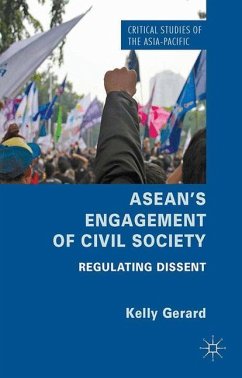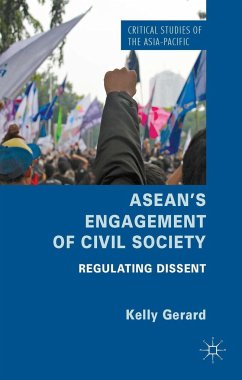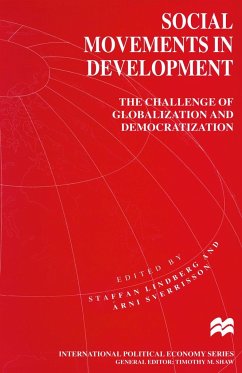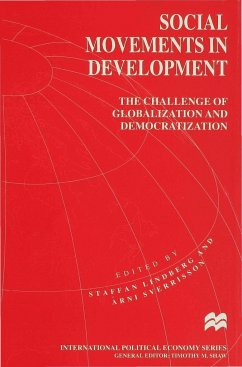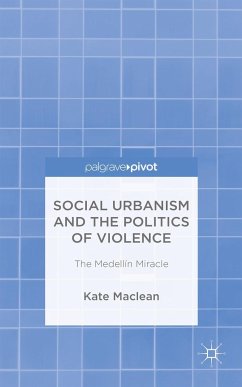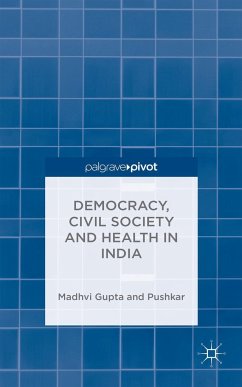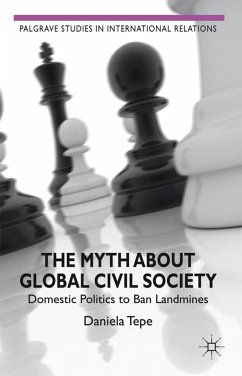
Bolivia at the Crossroads
Politics, Economy, and Environment in a Time of Crisis
Herausgegeben: Rivera, Soledad Valdivia
Versandkostenfrei!
Versandfertig in 6-10 Tagen
21,99 €
inkl. MwSt.

PAYBACK Punkte
11 °P sammeln!
As Bolivia reels from the collapse of the government in November 2019, a wave of social protests, and now the impact of Covid-19, this book asks: where next for Bolivia?After almost 14 years in power, the government of Bolivia's first indigenous president collapsed in 2019 amidst widescale protest and allegations of electoral fraud. The contested transitional government that emerged was quickly struck by the impacts of the Covid-19 public health crisis. This book reflects on this critical moment in Bolivia's development from the perspectives of politics, the economy, the judiciary and the envi...
As Bolivia reels from the collapse of the government in November 2019, a wave of social protests, and now the impact of Covid-19, this book asks: where next for Bolivia?
After almost 14 years in power, the government of Bolivia's first indigenous president collapsed in 2019 amidst widescale protest and allegations of electoral fraud. The contested transitional government that emerged was quickly struck by the impacts of the Covid-19 public health crisis. This book reflects on this critical moment in Bolivia's development from the perspectives of politics, the economy, the judiciary and the environment. It asks what key issues emerged during Evo Morales's administration and what are the main challenges awaiting the next government in order to steer the country through a new and uncertain road ahead.
As the world considers what the ultimate legacy of Morales's left-wing social experiment will be, this book will be of great interest to researchers across the fields of Latin American studies, development, politics, and economics, as well as to professionals active in the promotion of development in the country and the region.
After almost 14 years in power, the government of Bolivia's first indigenous president collapsed in 2019 amidst widescale protest and allegations of electoral fraud. The contested transitional government that emerged was quickly struck by the impacts of the Covid-19 public health crisis. This book reflects on this critical moment in Bolivia's development from the perspectives of politics, the economy, the judiciary and the environment. It asks what key issues emerged during Evo Morales's administration and what are the main challenges awaiting the next government in order to steer the country through a new and uncertain road ahead.
As the world considers what the ultimate legacy of Morales's left-wing social experiment will be, this book will be of great interest to researchers across the fields of Latin American studies, development, politics, and economics, as well as to professionals active in the promotion of development in the country and the region.





